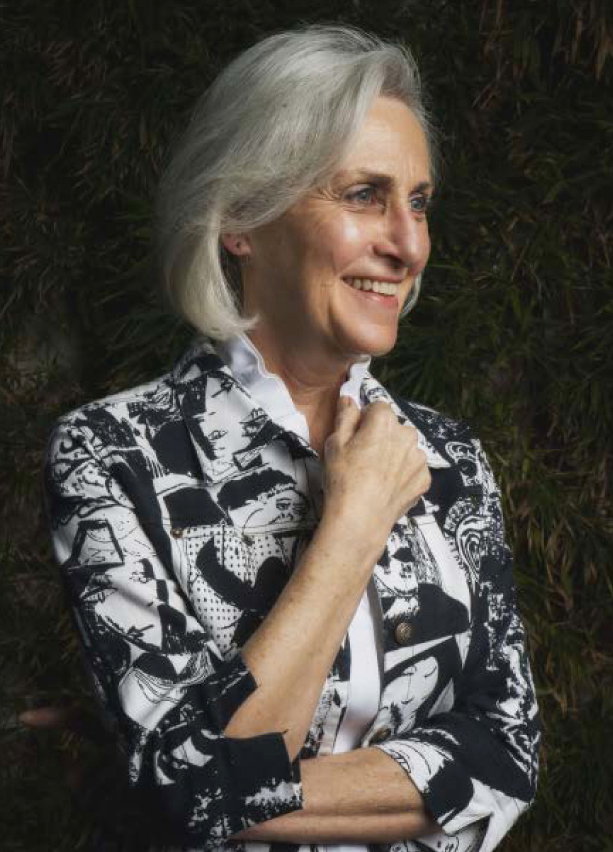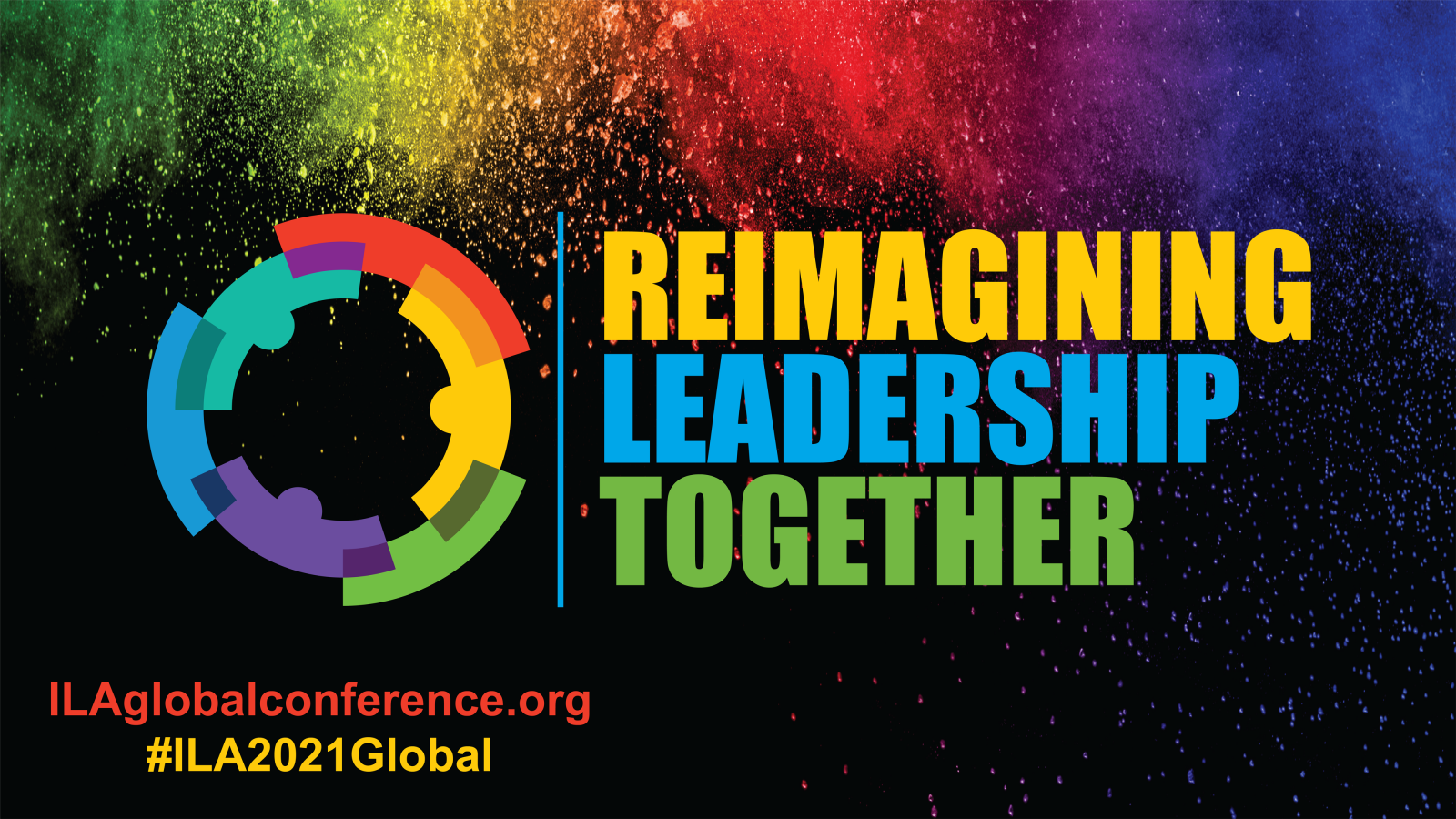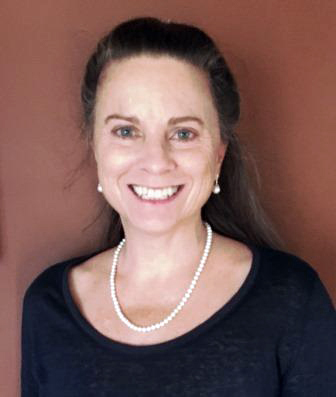ILA: “One’s success is determined by one’s connectedness”

The International Leadership Association (ILA) is a global community committed to increasing quality research, teaching, and practices of leadership around the world. ILA’s 23rd annual global conference, Reimagining Leadership Together, was held on October 20-23 in Geneva, and virtually thereafter. President and CEO Cynthia Cherrey (pictured below) explained why leadership is important in today’s turbulent world.
1) How has ILA been advocating for leadership over the past two years and what kind of follow-up has been done with your members and collaborators?
 Given that uncertainty is the new certainty, for profit and not-for-profit organisations took different approaches ranging from keeping the status quo, to retrench and restructure, to developing new business models. At the beginning of the pandemic, we immediately developed and released free resources to help members who were suddenly thrown into the world of online leadership education and virtual teams at work. We also shared resources around crisis leadership, resilience, and mindfulness to help support our members’ adaptive responses and wellbeing. As a purpose-driven association, we were able to stay true to our mission as we adjusted to the new reality, taking into consideration disruptive threats and emerging opportunities. We already had a strategic planning process prearranged for 2020, but the context of the pandemic heightened the importance of reviewing, renewing, and regenerating our work as part of envisioning a flourishing future for the ILA as a trusted space for dialogue and transformation.
Given that uncertainty is the new certainty, for profit and not-for-profit organisations took different approaches ranging from keeping the status quo, to retrench and restructure, to developing new business models. At the beginning of the pandemic, we immediately developed and released free resources to help members who were suddenly thrown into the world of online leadership education and virtual teams at work. We also shared resources around crisis leadership, resilience, and mindfulness to help support our members’ adaptive responses and wellbeing. As a purpose-driven association, we were able to stay true to our mission as we adjusted to the new reality, taking into consideration disruptive threats and emerging opportunities. We already had a strategic planning process prearranged for 2020, but the context of the pandemic heightened the importance of reviewing, renewing, and regenerating our work as part of envisioning a flourishing future for the ILA as a trusted space for dialogue and transformation.
2) How threatening can these once-in-a-lifetime pandemics be to the cohesion and maturity of democratic societies, even (or especially) from a leadership standpoint?
We have members who actively work on the question of democracy. How can leaders strengthen democratic norms? How do democracies fall? For the past three years, we’ve had keynotes and sessions on this topic at our global conference − it’s that important. As those experts would tell you, there’s a certain path that failing democracies tend to follow that includes deepening economic inequalities, alarming increases in hate crimes, and the installation of leaders that have personalities prone to self-aggrandizement and lack of empathy. A global crisis, like a pandemic, can further erode a democracy by propping up charismatic leaders who claim to have the only answers to a crisis. Better leadership and better followership can make a difference in whether a democracy becomes more fragile or more resilient.
That’s one reason why ILA launched a Global Leadership Initiative in 2020 that asked: How successfully is the leadership community supporting the development of global leadership at this time of uncertainty and accelerating change? This initiative regularly convenes a small group of influencers, political leaders, scholars, and practitioners to explore the big conundrums facing global leaders today and offer insights and foresights to our members.
3) Have you thought about the weight that hybrid and digital events will have in the future strategy of ILA meetings? And how can it be reconciled with the return of physical events?
It’s clear that our turn to online community and communications during this time period is not just an interruption to business as usual; it’s a disruptive force accelerating certain trends and reshaping how associations will engage their members long after the pandemic ends. Certainly, this turn to the digital brings opportunities to reach a larger and more diverse group of global members who may not have the time, resources, or inclination to travel to an event. But association leaders also need to think differently about how they use digital technologies. Leaders can’t just ask “how do we replicate an in-person event in the virtual realm”. We all need to be thinking about designing different, engaging experiences in the virtual realm.
Hybrid events tend to focus on replicating or merging formats rather than redesigning an experience. It’s why we went with a HyFlex model for our conference where we meet on consecutive days – first in person in Geneva and then in person online. Each day of the conference is live, in the moment, and designed to maximise the unique benefits of where it’s taking place whether that’s in Geneva or online. Our Hyflex model empowers our members to choose what’s best for their unique situation. We know that many members are eager to meet in person, while many others are not yet able to do so for a variety of reasons. Flexibility is really important during uncertain times both for individuals and organisations.

“A global crisis, like a pandemic, can further erode a democracy by propping up charismatic leaders who claim to have the only answers to a crisis."
4) In increasingly diverse organisations, everyone plays a leading role in building trust and creating sustainable value. Does this mean that horizontal leaderships are stepping over pyramidal hierarchies?
Global economic, political, and societal issues affect our organisations and how we think and work within them. Effectiveness used to be measured in part by a person’s ability to work autonomously and maintain distinct boundaries. Now, effectiveness is measured by a person’s ability to develop and maintain cross-boundary relations and see patterns in the whole system. One’s success is determined by one’s connectedness. That includes leadership that is distributed throughout the organisation. That said, many of us live and work in hierarchical organisations and we must pay attention to hierarchical leadership as well. It is not an either/or; it is an and/both.
5) To build the physical part of your upcoming conference, you had to draw on several local partners who were instrumental in designing this event. Tell me more about the process of choosing a destination.

Our director of conferences, Bridget Chisholm (right photo), began meeting with the Geneva Convention Bureau five years ago to explore having the ILA global conference in Geneva. The ILA focuses on cities with a reputation as a hub for international leadership, which is a draw for our members and participants. Geneva also has a convention centre located in the heart of the city that would accommodate our space requirements. The next step was connecting up with local members and, with the Geneva Centre for Security Policy, we found the ideal partner. ILA has a tradition of calling on our local and regional members to participate on the conference organising committee. From writing the programme theme to crafting meaningful offsite activities, inviting keynotes and featured speakers to recruiting local student volunteers, we could not produce a conference of this magnitude without them.
Other Articles
About Us
Supported by the Union of International Associations (UIA), the International Association of Professional Congress Organisers (IAPCO) and the Interel Group, the global public affairs and association management consultancy, Headquarters Magazines serve the needs of international associations organising worldwide congresses.














